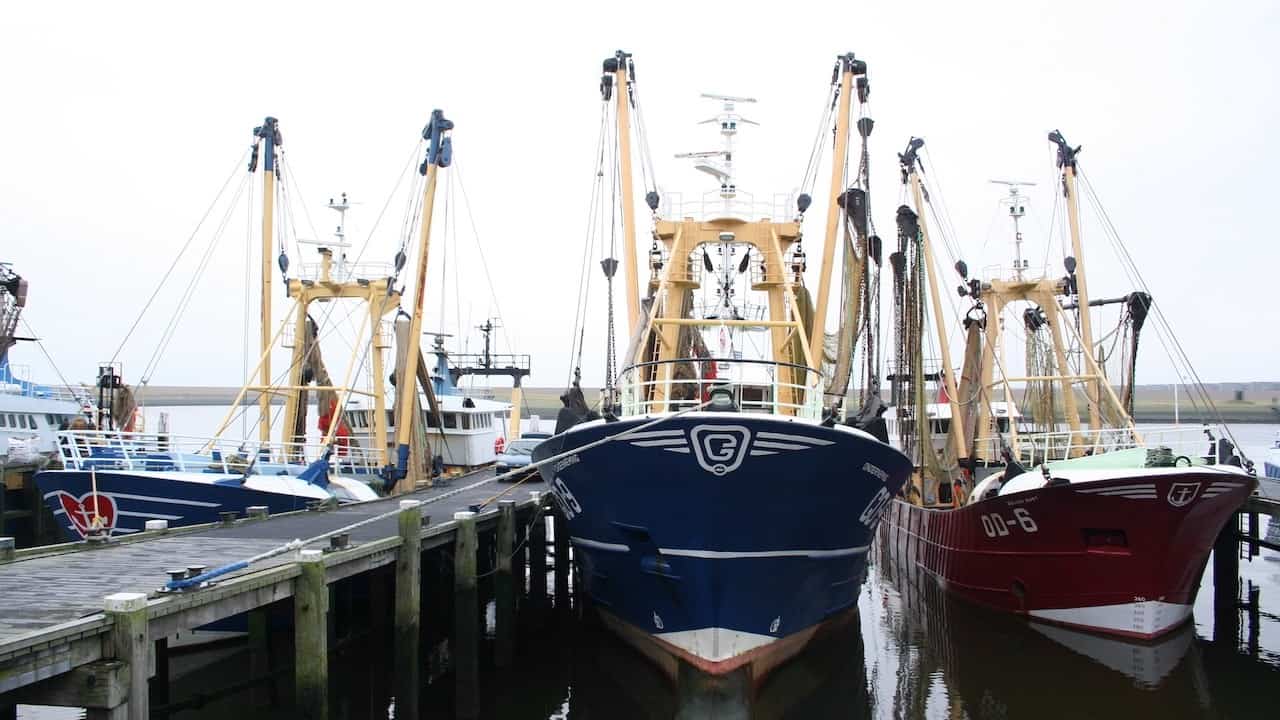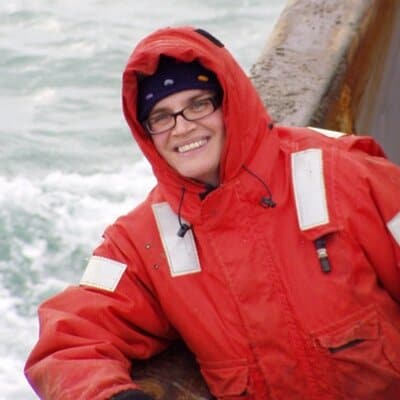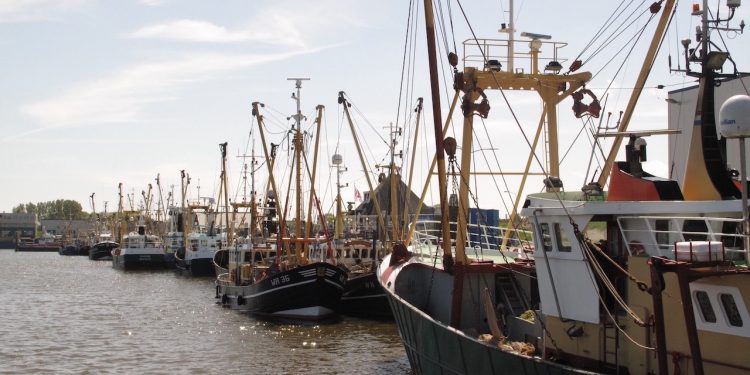Policy changes in recent years have had deep impacts on the Dutch fishing industry and are determining perceptions of the future. Only 4% of skipper-owners think they are sure that their own business will still exist in five years’ time.
According to a study by Wageningen Economic Research on the social and cultural value of fishing to the fishing community and the consequences of policy changes, a majority of those surveyed (fishermen and their wives) believe that the Dutch fishing industry still has a right to exist, although the percentage has fallen from 73% in 2008 to 60% now. Almost three quarters expect the Dutch fishing industry to look very different in the future.

Much has changed for Dutch fisheries in recent years – with fishing areas lost due to Brexit, marine protected areas and the growth of the offshore wind sector. Other policies, such as the EU ban on pulse fishing, also have profound effects on the Dutch fleet. These and other factors have led fishermen and their wives from large to small-scale fisheries to collectively worry about the future.
The high price of fuel, a result of the war in Ukraine, is a major factor and respondents say they find it difficult to invest in their business, either because they do not have much space left or because they question whether investing will be profitable because policies are so subject to change.
‘A lot of anger, incomprehension and powerlessness resonates from the survey,’ concludes researcher Marloes Kraan at Wageningen Economic Research.
‘People feel they are relegated to the margins by politics and NGOs. The policy process makes people feel not heard or understood and this leads to distrust.’
The study mapped all fishing communities. The Netherlands has 44 fishing communities with an active fleet, spread across 34 municipalities, from Terschelling to Breskens. In addition, there are another 84 communities in which fishing is an important part of their history. The socio-cultural value of fishing is considerable, the study shows.
‘Fishing is not only an economic activity that provides trade, employment, income and food. This study has shown that it also has added social value,’ Marloes Kraan said.

Fishing has historically been conducted in the Netherlands by family businesses with shared knowledge and a specific social organisation. These companies often have locals on board and are anchored in fishing communities. They contribute to social cohesion, cultural heritage and the social well-being and identity of fishing communities. In addition, fishing contributes greatly to the social well-being of fishermen and their families.
Taking social added value into policy
Fisheries policy is developed in The Hague and Brussels, but its effects are mainly regional, such as in Urk and along the coast of Noord- and Zuid-Holland, the Waddensea region and Zeeland. The study shows that a contraction of the fishery and uncertainty about the future of those who remain strongly affect the fishing communities. According to Marloes Kraan, it would help if policymakers had the social dimension of fisheries more in mind.
‘Two things are important, first that social aspects of fishing are better researched and monitored. We see that the social organisation of fisheries is under pressure, while it matters for the social added value of fisheries how fishing is done, by whom and in what way,’ she said.
‘Second, a jointly supported vision of the future of Dutch fishery must be created that includes the social added value of fishery. Such a vision should give skipper-owners, their families and their crew members perspective, which will also brings some peace of mind to fishing communities.’









